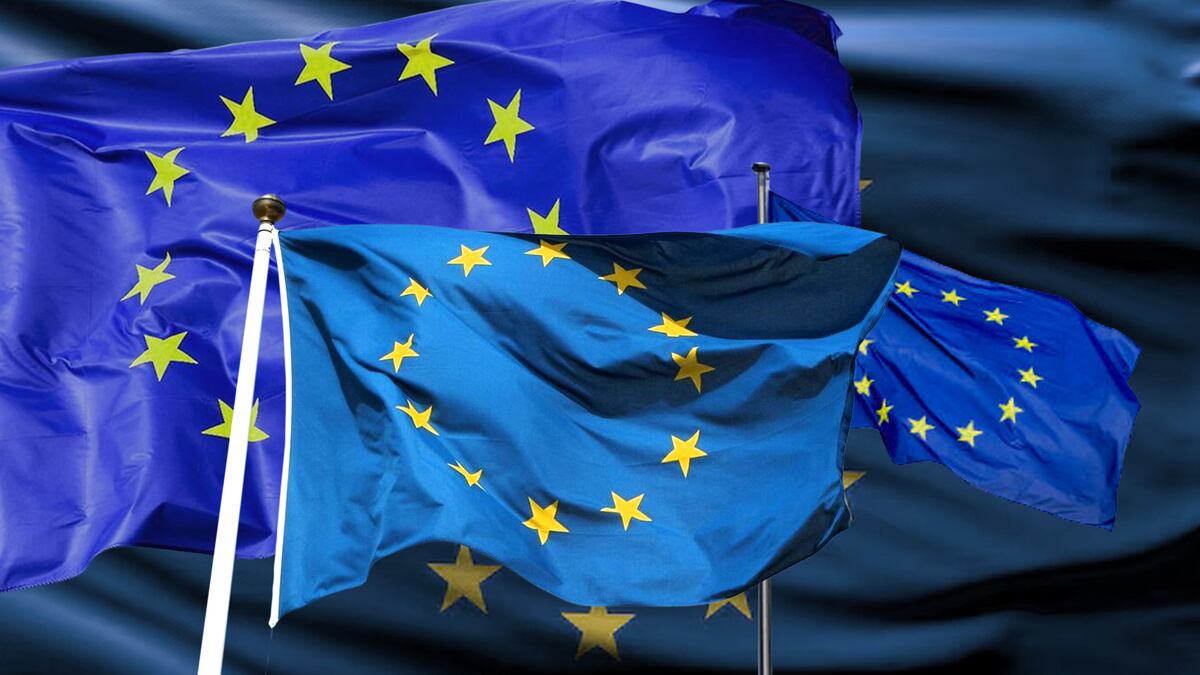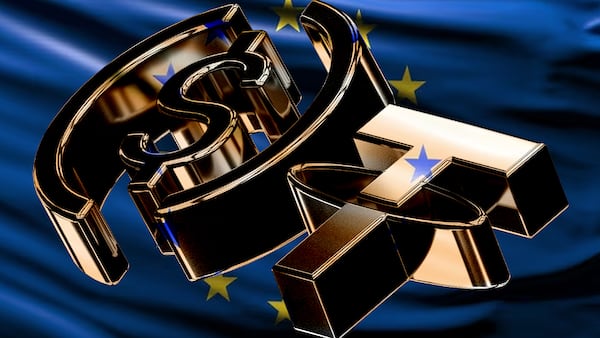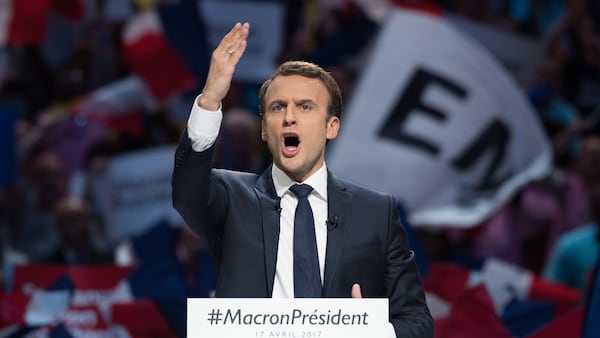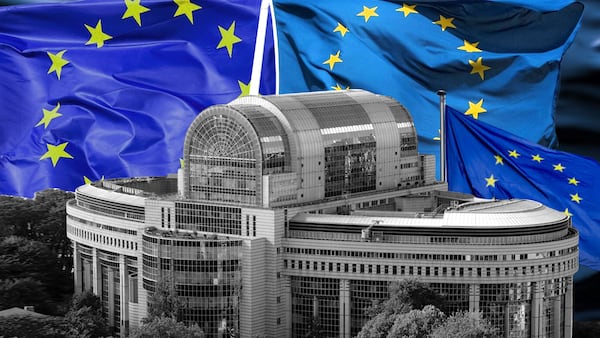- EU officials have directed financial firms to not provide services to Russia's military.
- Crypto service providers are banned from facilitating transactions linked to Russian war effort.
- The sanctions come as the industry faces an influx of new regulations.
European crypto firms need to worry more about Russia.
This is the upshot of action taken by the Council of the European Union on Monday when it adopted a 14th set of sanctions on Russia for its invasion of Ukraine in 2022.
The sanctions package focuses primarily on industrial and financial links with Vladimir Putin’s state. It bans ports in the EU from reselling Russian liquid natural gas.
European banks are also prohibited from connecting with the Russian financial transfer system.
Arms supplies
As for crypto, officials are barring platforms from facilitating transactions for any companies or organisations that help Russia replenish its arms supplies and military technology.
The list of targeted entities now exceeds 2,200, Reuters reported.
“It’s a lot of extra due diligence that will be required,” Isabella Chase, blockchain intelligence firm TRM Labs’ senior policy advisor, told DL News.
Crypto firms are going to need a solid grasp on which businesses are involved in supporting the Russian military, she said.
“You have to know the weapons networks, and then you’re also going to have to know the non-EU crypto asset service providers that are facilitating that movement of funds.”
While the sanctions package builds on the 13 that came before, it bears more weight because the EU passed new laws in May criminalising the violation of EU sanctions.
EU officials have already highlighted crypto in the Russian sanctions regime since Putin illegally ordered his forces to take over Ukraine in February 2022.
Travel Rule
In April 2022, the fifth EU sanctions package prohibited valuable crypto-asset services to Russia.
And in October 2022, the eighth round of sanctions banned all crypto services crypto wallets, accounts and custody services regardless of the value.
The latest round comes as Europe’s crypto industry prepares to comply with a firehose of regulations on stablecoins, platform licensing, and anti-money laundering.
The so-called Travel Rule, for example, requires crypto platforms to collect identifying information about senders and receivers of crypto transactions. The rule will go live by the end of the year, alongside the comprehensive Markets in Crypto-Assets regulation.
Then, the EU’s Anti-Money Laundering Regulation, which was recently published into law, also tightens up crypto firms’ provisions to prevent illicit financing.
“Firms are going through a massive compliance uplift where they will be working on broader anti-financial crime,” Chase said.
Inbar Preiss is a regulation correspondent based in Brussels. Contact the author at inbar@dlnews.com.







